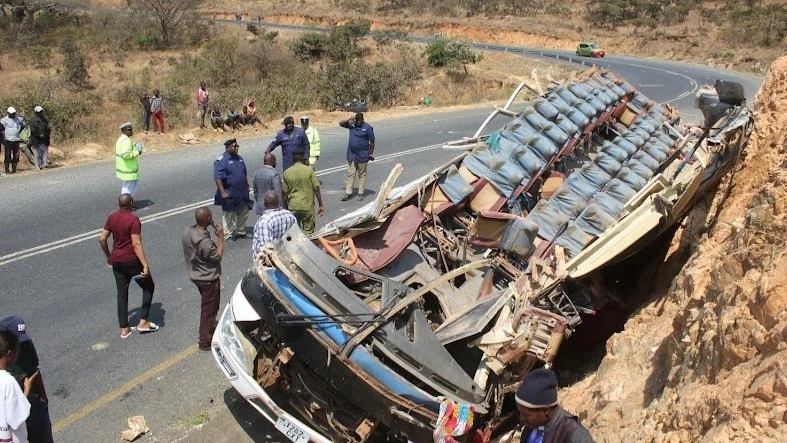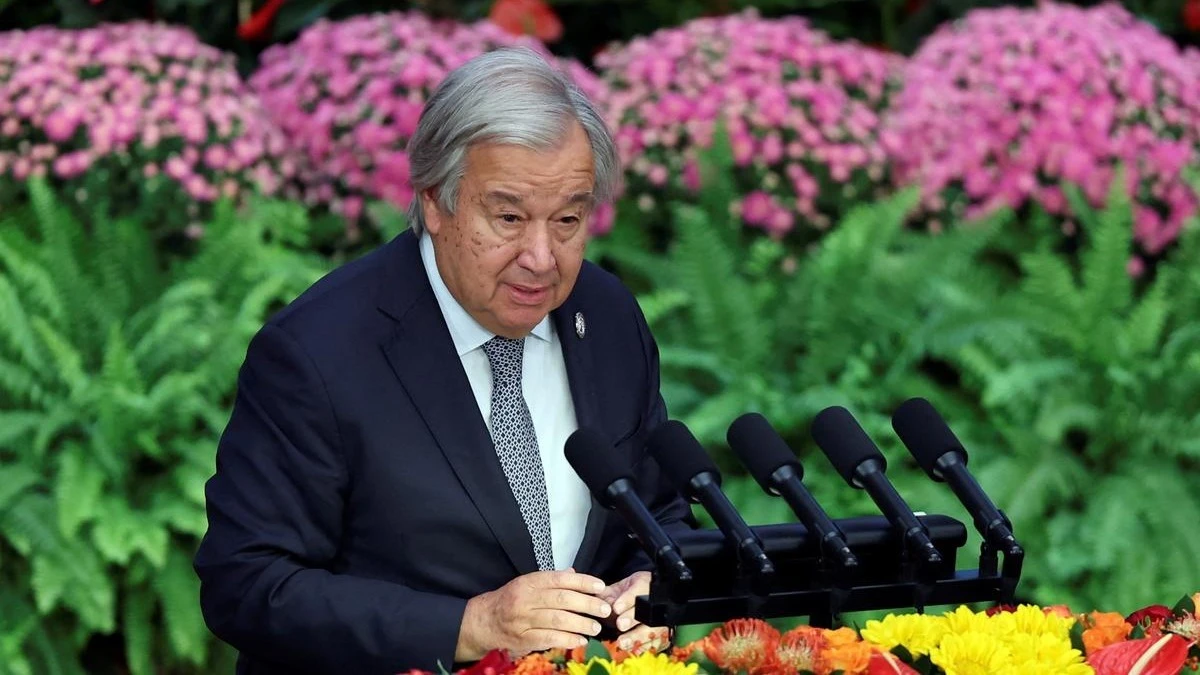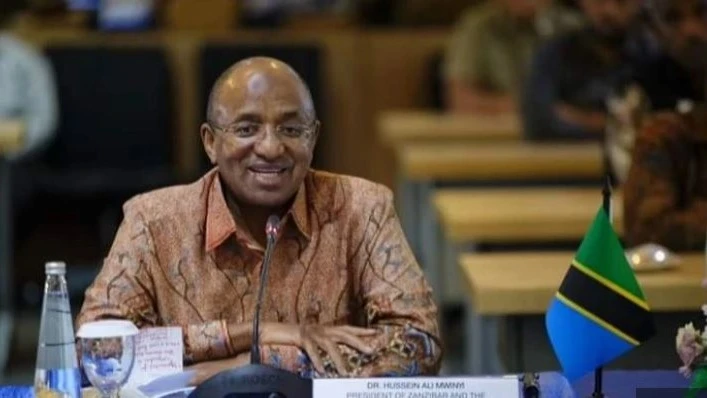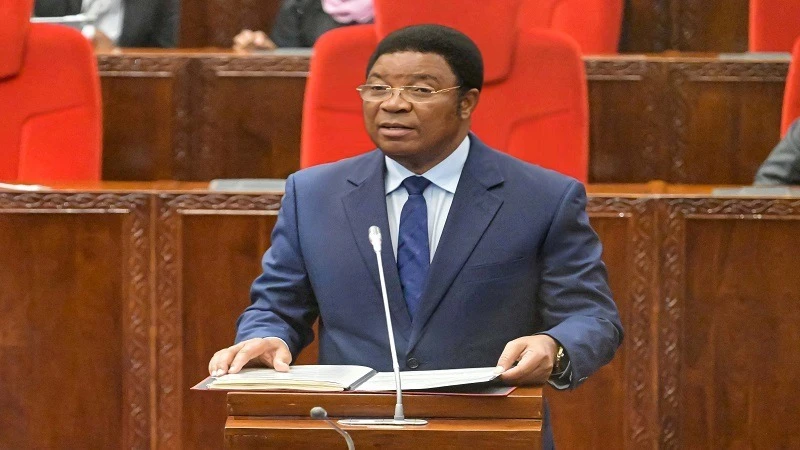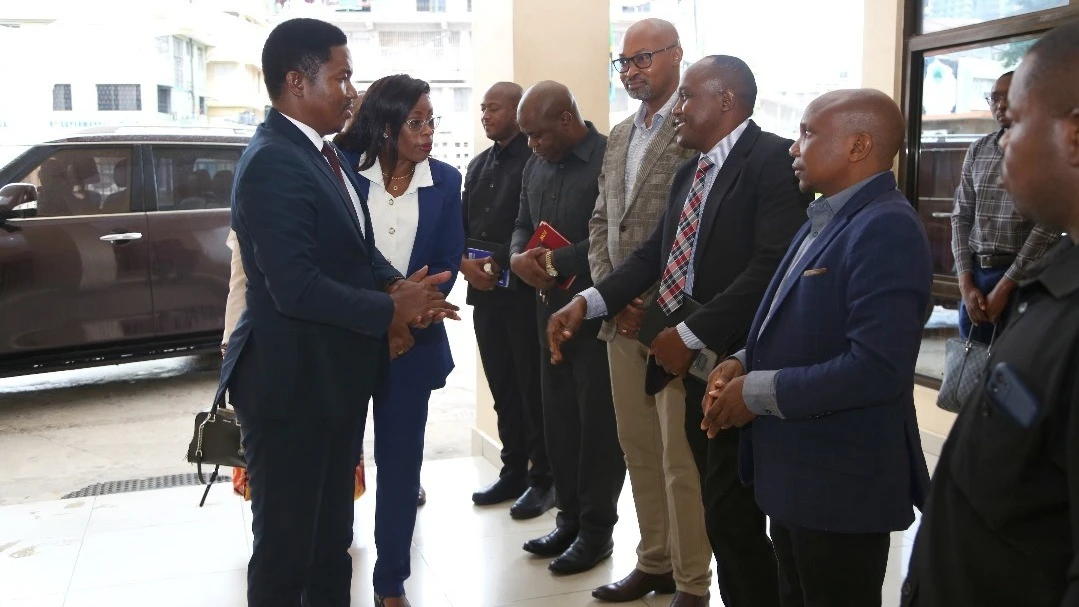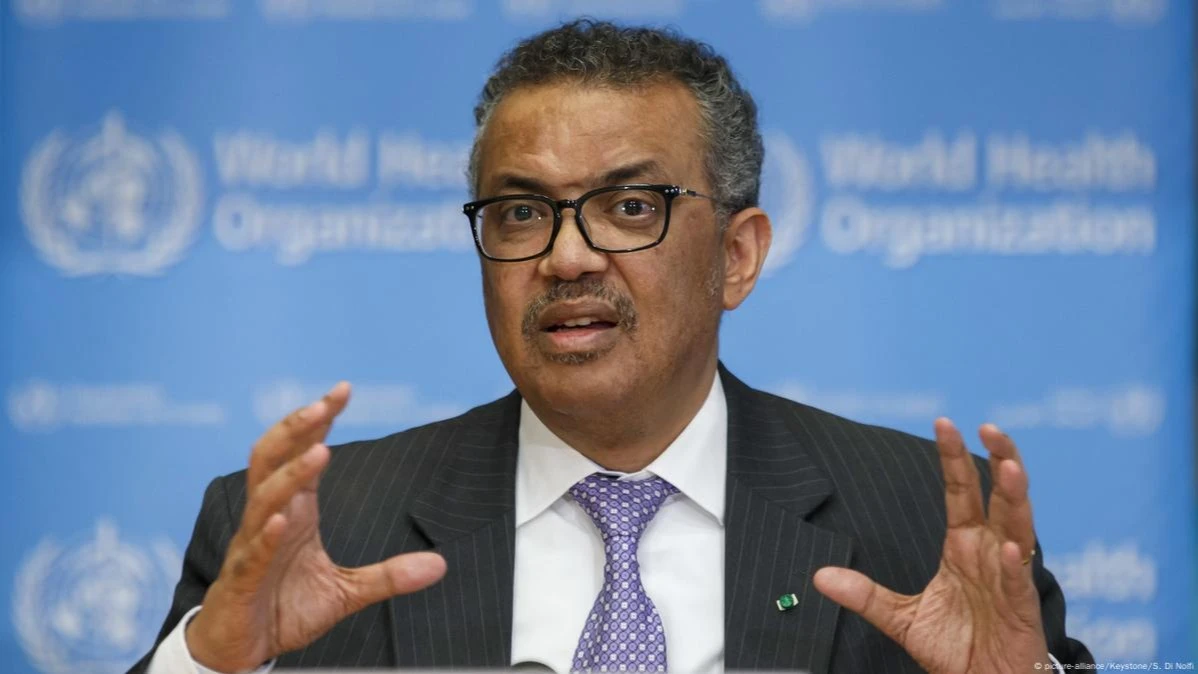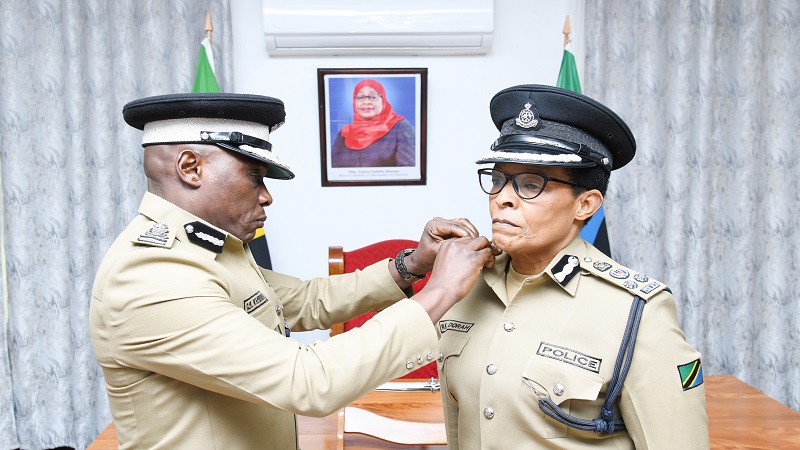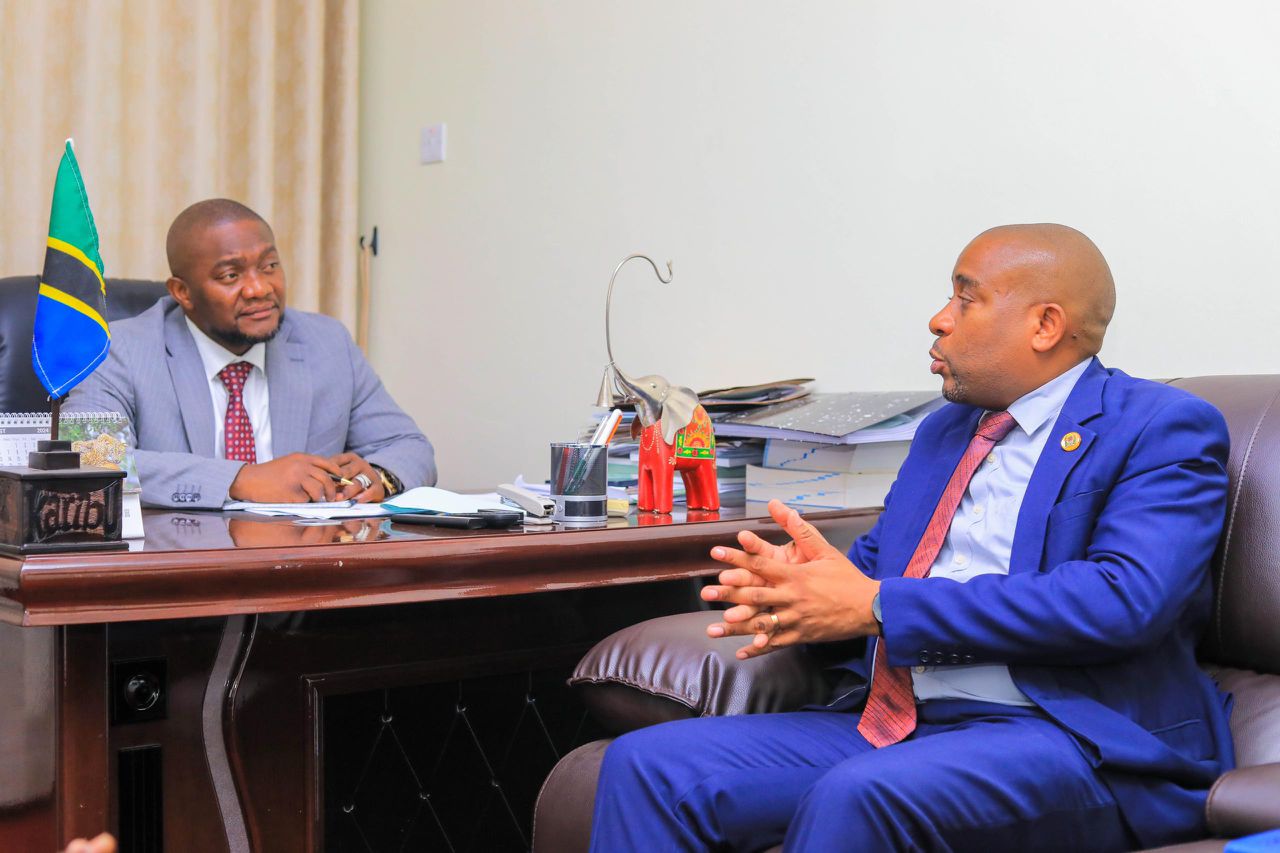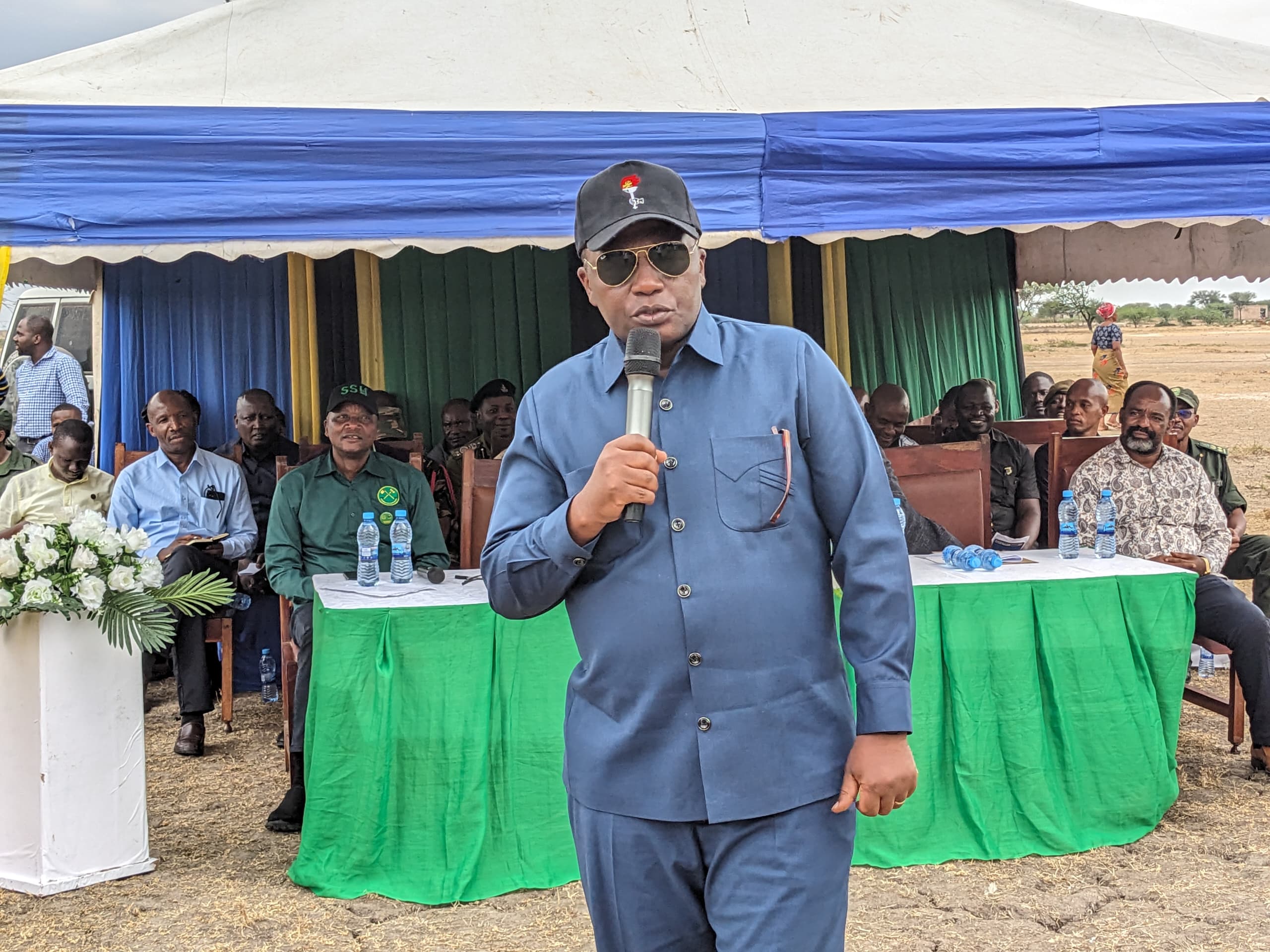Carrying pupils on motorbike violates both traffic laws and children rights
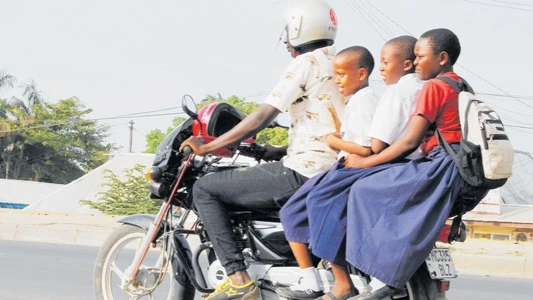
CARRYING children on motorbikes is becoming a pervasive problem that impacts children in various aspects of their lives. It is common to see children on motorbikes in the morning and evening, especially those at primary school levels.
In fact, the violation of traffic laws by motorcyclists contributes to deaths, injuries and other deformities in children as passengers.
Mohamed Haji, a motorcyclist at the Kisima Chumvi suburb in Ubungo District, Dar es Salaam Region, is one such individual who violates the law by carrying children on motorbike without taking precautions.
Haji told The Guardian that most parents hire his motorbike to transport their children to and from school for 1000/- per trip. He says, as a motorbike rider, he is not aware of the law prohibiting children from being carried on motorbikes since he has never attended a driving course.
“We carry children on our motorbikes; the business is risky since children have no protective gears to ensure they are not injured in case of road crashes. When children fall, the riders enter into conflicts with parents as well as traffic officers for violating traffic laws,” he states.
Mwanahawa Bakari, a mother of two, says she hires a motorbike for her child due to the long distance her child has to walk to and from school. She explains that her numerous household duties compel her to request motorbike riders to pay a minimum fee of 100/- to take her child to school.
“As parents, we need to change our mind-set and habits by finding alternative ways of transporting our children to and from school. I’m sure there are several alternatives to using motorbikes,” she suggests.
According to her, in the event of a crash, the child becomes the main victim since they cannot escape or protect themselves.
Sharing her experience, Bakari Simbeye explains that currently, most parents hire motorbikes to transport their children to and from school for various reasons, including the long distance from home to school.
Principal Legal Officer at the Traffic Police Headquarters, Deus Sokoni, states that carrying children on motorcycles is a violation of both traffic laws and children's rights.
He emphasizes that one of the internationally recognized children's rights is the right to protection. Sokoni notes that the country's traffic laws strictly prohibit children from being carried on motorcycles to avoid the risk of crashes.
Sokoni said: “The law is clear; children under nine years old should not be carried on motorbikes. Parents should stop hiring motorbikes to transport their children; this will help protect them from road crashes.”
If parents refuse to carry their children on motorbikes, they will be safe. he emphasizes, calling upon parents to find alternative means of transport children.
According to him, motorbikes are relatively unsafe commercial transport especially to young children. He said riders are also at risk, as their injuries are usually severe.
“Without stern measures, children remain at risk of fatal or severe injuries, which can lead to costly treatments,” he added.
Dr Biita Muhanuzi from the Emergency Medical Department (EMD) at Muhimbili National Hospital (MNH) reveals that motorbike passengers, including children, are at risk of suffering brain trauma.
According to her, brain trauma is one of the fatal risks for motorbike riders and passengers who do not wear helmets in the event of a road crash.
“There are no imported helmets for children; this is even putting them at greater risk. Children bodies are delicate and can suffer severe injuries during crashes”, added Dr Muhanuzi, noting that head injury is a common cause of death and long-term disabilities after motorcycle crashes.
The national referral hospital admits between 30 and 50 road crash casualties daily, with motorbike crashes accounting for 51 percent of all the patients.
Dr Muhanuzi notes that intracranial trauma is the leading injury from motorbike crashes, making up 27.9 percent of all crash casualties, followed by long-bone injuries which stand at 58 percent.
“A person riding a motorbike without wearing a helmet is likely to suffer intracranial injuries in a road crash—the disease is particularly linked with brain trauma. Patients experiencing such kind of injuries go through mental confusion, a situation which may cause mental illness,” he told The Guardian.
The brain drives all activities in the human body. Once it's disturbed, a person’s judgment ability drops to zero. The brain must be protected by wearing helmets to reduce intracranial trauma or internal bleeding, which often causes permanent disabilities.
Dr Muhanuzi calls for concerted efforts from stakeholders to increase awareness on medical risks associated with motorbike injuries as well as failure to wear helmets.
Motorbikes lead the way in contributing to road crashes, accounting for 51 percent and putting more children at high risk. Other contributors include regular cars (27 percent), commuter buses (9 percent), bicycles (5 percent), tri-cycles (3 percent) and long trucks (6 percent).
Top Headlines
© 2024 IPPMEDIA.COM. ALL RIGHTS RESERVED











![The CEO of Flightlink Limited Mr. Munawer Dhirani and DTB Tanzania CEO, Mr. Ravneet Chowdhury [center] during the unveiling ceremony of the 72-seater ATR 500 aircraft over the weekend. Other officials present at the function are Chief Operating Officer.](https://ippmedia.com/storage/post-feature-images/01J75Y6DM8PY93SGFZD4GYPXJ4.webp )
